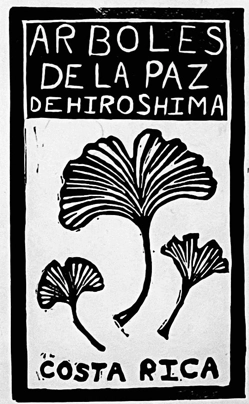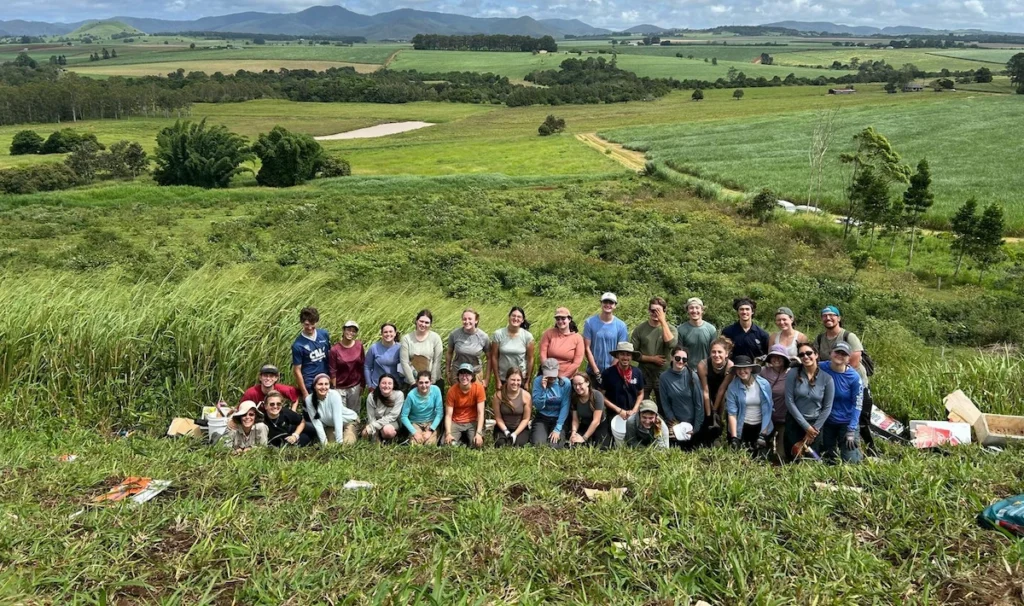Benthic Habitat Assessment Research
It’s rare that the Center Director gets the opportunity to do Directed Research. This is my third semester coordinating our benthic habitat assessment with students and I’m lovin’ every minute of it! The project is an attempt to monitor long term change in our local reefs. We use methods developed as part of the Marine Ecology, Resource Management, and Environmental Policy & Socioeconomic Values courses including fish assessment (REEF method), benthic habitat assessment (AGRRA method), and coral bleaching (Coral Watch methodologies). In addition, we use underwater photography and video. This semester we are working both in the Admiral Cockburn Marine Protected Area (where no fishing is permitted) and an area frequently used by fisherman. The other day, as we worked towards the end of our 100 meter transect, we were joined by a Hawksbill turtle (Eretmochelys imbricata). I can’t help but think he was just as curious about what we were doing as we were with him. Sadly our dive came to an end and we parted ways.
The TCl are the home of large aggregations of foraging turtles. The SFS Center for Marine Resource Studies believes in the importance of studying the impacts of climate change on local ecosystems and has included this research in both our Center’s program and research components. Climate change can impact marine turtle populations first by impacting the profile of some of the most important nesting beaches, but also by directly influencing the sex ratio of the hatchlings. We are very pleased to receive a second year of support from The Curtis and Edith Munson Foundation to identify, profile, and monitor turtle nesting beaches in the TCI. Long-term data collection is crucially important and beneficial to stakeholders and policy makes as they undertake marine turtle management and conservation.
Our last week for program activities was just as full as any other. Students prepared write ups and presentation material, and on Tuesday evening we invited the community to the Center to learn about what we have been doing. This is been a memorable semester and I know everyone will be sorry to see it come to an end.
Related Posts

Trees of Peace from Hiroshima: A Time Traveler and Emissary of Hope

Cinder Cone Chronicles: Lessons from Drought, Data, and Determination
